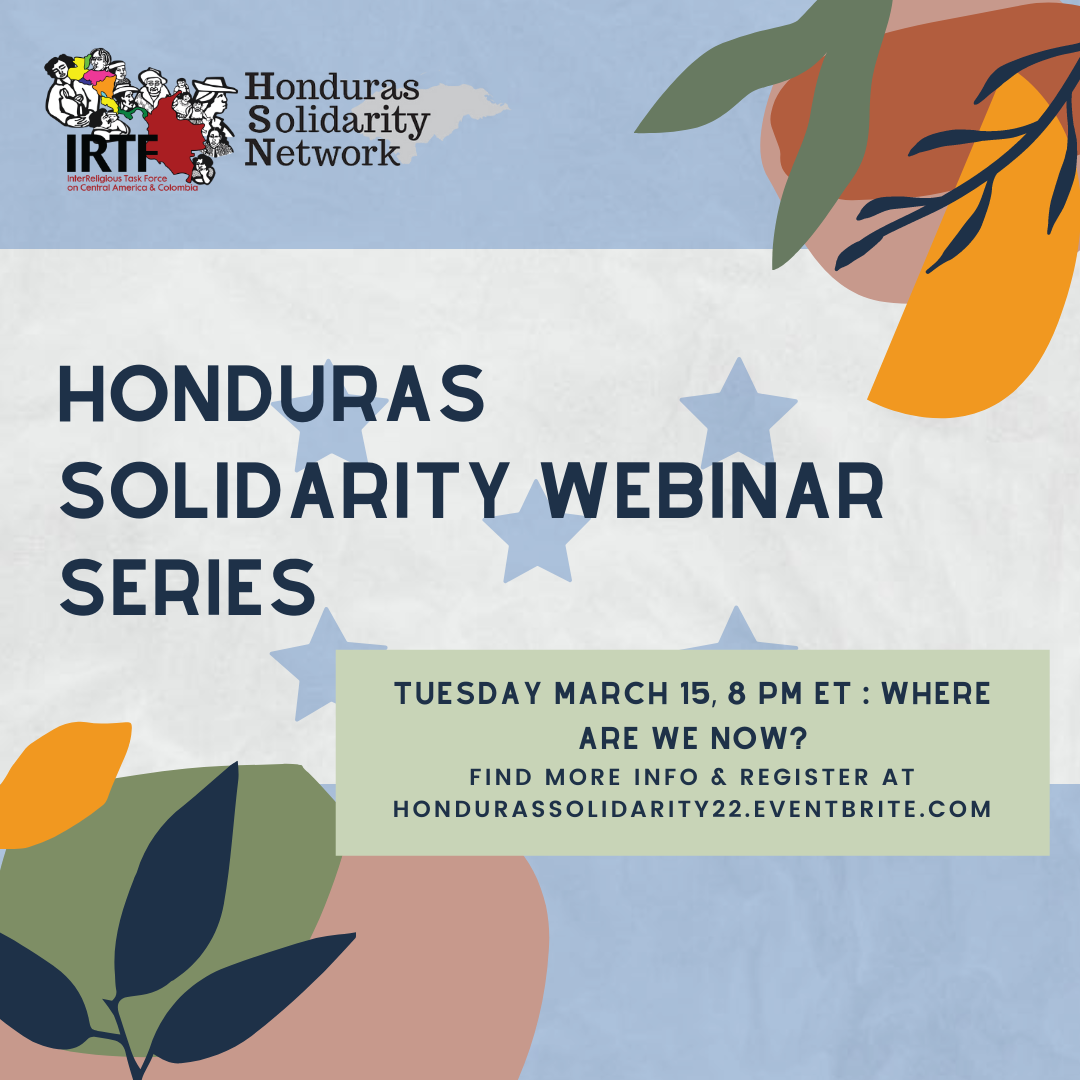A delegation of members of the U.S. House of Representatives and U.S. solidarity organizations met with President Xiomara Castro of Honduras this weekend. The delegation, organized by SOA Watch and WFP Solidarity Collective, included Representatives Ilhan Omar (MN-05), Jesús “Chuy” García (IL-04), Cori Bush (MO-01), as well as representation from the office of Jan Schakowsky (IL-09). President Castro is Honduras’ first woman president and was inaugurated in January following historic elections in which the Honduran people turned out in massive numbers to reject the U.S.-backed regimes that have devastated Honduras since the 2009 coup d’état. President Castro and members of her cabinet shared key challenges facing Honduras following the Hernández dictatorship, including enormous debt that severely limits the new administration’s ability to invest in schools, hospitals, and other urgently needed social programs. The regimes that governed Honduras over the past twelve years took out significant loans from international financial institutions such as the International Monetary Fund (IMF), while also emptying the country’s coffers through widespread corruption. As a result, President Castro has inherited a government with debilitating debt and very few resources.
- Home
- About Us
- Issues
- Countries
- Rapid Response Network
- Young Adults
- Get Involved
- Calendar
- Donate
- Blog


